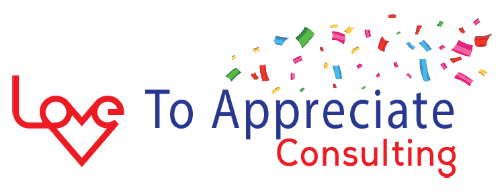Let’s say you have a manager with a leadership style that is causing good employees to leave. Wanting to help this individual change their behaviors, you put him through management training. A couple of weeks later nothing has improved. Another resignation letter lands on your desk from his team.
What do you do?
When there is an issue with an employee, training is often the de facto solution in many organizations. It makes sense to teach someone specific skills and knowledge that can help them.
However, when lack of skills and knowledge isn’t the foundational issue, it’s best to turn to coaching.
WHAT IS COACHING
Coaching gives an individual the opportunity to work one-on-one with a coach in a confidential and supportive environment. Coaching sessions are designed to maximize a person’s potential by enhancing their strengths, self-awareness, and beliefs. It’s an individualized process that helps clients overcome challenges and achieve their goals faster while holding them accountable to change.
There is a high level of trust and accountability with an external coach. Individuals are more open and vulnerable in expressing their challenges which means root causes can be addressed.
A coach might uncover that the manager in the scenario above thinks he is being helpful by being so tough on his team members. After all, it’s the way that his managers treated him and he turned out all right. Training was never going to help this person. It wasn’t an issue of how to but an issue to want to. A coach can help this person with mindset and motivation.
Coaching can address a multitude of performance problems such as:
- An employee with the opportunity to be more productive and/or have less conflict with others.
- A high-potential employee who, with development, could become a manager, executive or CEO.
- A leader or manager who could benefit from developing next level communication and leadership skills.
- A leader or manager who needs assistance with change management skills.
According to American University, coaching can increase individual performance by 70%, team performance by 50%, and organizational performance by 48%.
On top of that, coaching sessions can improve employee engagement, job satisfaction, and retention.
Coaches bridge the gap between where an employee is now and where they can be at their best. In my coaching practice, I’ve coached people to grow their business, become more confident in their leadership skills, move past challenges that made them feel stuck, change behaviors that didn’t serve them, and prepare for a CEO role. There are many qualified coaches ready to help address your workforce challenges.
COACHING QUESTIONS:
What employees do you know are struggling?
How would changes in mindset, motivation or self-awareness help these individuals?
How would an accountability partner help them level up their performance?
Coaching is an underutilized approach to solving employee problems related to performance and behavior. Instead of taking an online training or sitting in a class, consider the benefits of having employees benefit from working with a trusted partner who will help them reach their full potential.

